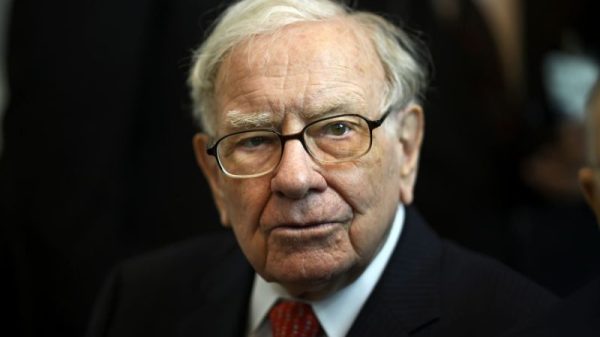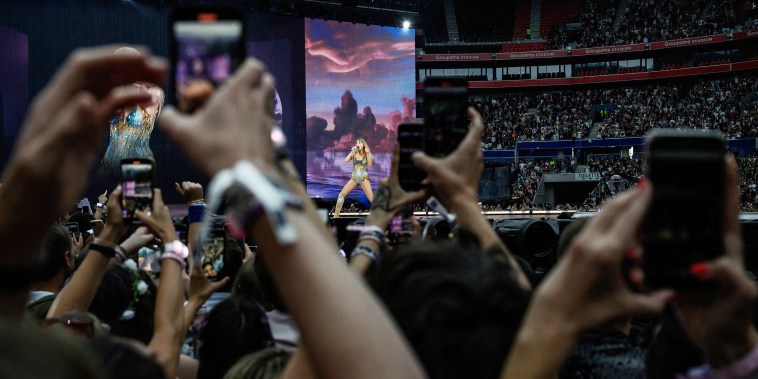The Funflation Effect: Why Americans Are Spending More on Travel and Entertainment
Amidst uncertainties and economic fluctuations, Americans are showing a fascinating financial trend – the rise of the funflation effect. This phenomenon, characterized by increased spending on travel and entertainment despite overall economic conditions, is a testament to shifting priorities and evolving consumer behavior.
One key driver behind the funflation effect is the prioritization of experiences over material possessions. Research has shown that individuals derive greater satisfaction and happiness from experiences such as travel, concerts, and dining out, rather than acquiring tangible goods. This shift in mindset has led many Americans to allocate more of their disposable income towards creating lasting memories and enriching their lives through experiences.
Social media also plays a significant role in fueling the funflation effect. The rise of platforms like Instagram and TikTok has heightened the importance of sharing exciting and visually appealing experiences with a wider audience. This social pressure to curate a desirable online presence has motivated many individuals to seek out unique and engaging experiences, contributing to the growth of the travel and entertainment sectors.
Additionally, the advent of new technologies and services has made it easier than ever for consumers to access and engage with a wide range of entertainment options. Streaming services, virtual reality experiences, and online booking platforms have democratized access to entertainment, allowing individuals to explore new activities and experiences from the comfort of their homes.
Furthermore, the impact of the COVID-19 pandemic cannot be overlooked when discussing the funflation effect. After a period of restricted travel and limited entertainment options, many Americans are eager to make up for lost time and engage in a variety of leisure activities. The pent-up demand for travel and entertainment is driving increased spending in these sectors, as individuals seek to make the most of their newfound freedom.
In conclusion, the funflation effect reflects a broader shift in consumer behavior towards valuing experiences and leisure activities over material possessions. Factors such as the importance of social media, technological advancements, and the lingering effects of the pandemic have all contributed to the rise of spending on travel and entertainment among Americans. As this trend continues to evolve, businesses in the travel and entertainment industries must adapt and innovate to meet the changing needs and preferences of consumers in the age of funflation.


































